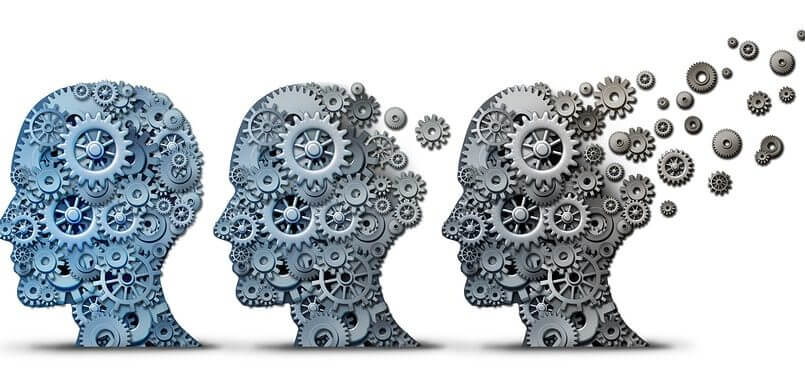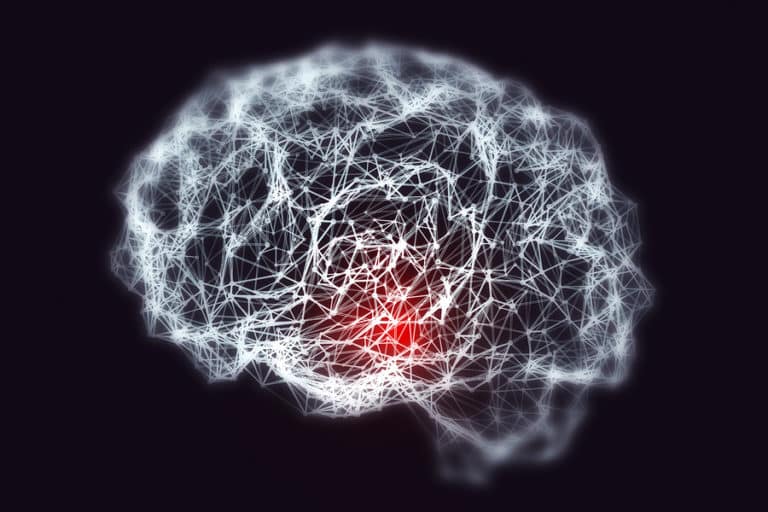The American Cancer Society estimates that there will be over 1.7 million new cancer cases diagnosed by the end of 2018, as well as 609,640 cancer deaths. To put this in perspective, the next leading cause of death (accidental deaths) results in a little more than 160,000 deaths each year.
Because of this, billions of dollars are spent toward new research each year. Still, a new study reports some disheartening findings about the effects of the current standard cancer treatment. This new study links chemotherapy with accelerated brain aging.
Cancer, Chemo, and Aging
The issue, according to the study, is in the nature of both chemotherapy and some radiation treatments, which destroy cancerous cells but also do harm to healthy cells. Some of the healthy cells that are affected are brain cells. Cancer survivors have suspected as much for years, but have, until recently, not been backed up by solid medical research.
According to Medical News Today, the researchers of the new study examined women that had undergone chemotherapy treatment within a 3-6 year window of the study. The women were examined for signs of abnormal cell aging. Researchers “analyzed markers of biological aging, such as high DNA damage levels, reduced telomerase activity, and shortened telomeres in blood cells.” Those women who exhibited these signs “also showed poor attention and a decline in motor (movement) speed.”
Chemo Brain?
This study comes on the heels of recent related studies, which examined the science behind “chemo brain.” Chemo brain, according to the Mayo Clinic, “is a common term used by cancer survivors to describe thinking and memory problems that can occur after cancer treatment.” These previous studies showed significant cognitive dysfunction in cancer survivors which linked these common cancer treatments with memory and executive brain function. The new study takes these findings further, establishing a possible biological cause for such impairment.
The drawback of chemotherapy has long been its dependence on damaging the DNA of malignant cells, without an ability to discriminate between good and bad cells. Cancer patients frequently report alarming side effects, from the well-known effects of hair loss and fatigue, to the lesser known effects of anemia and radical changes in appetite.
Now that a direct connection has been made between chemotherapy and brain aging, research into more viable treatment strategies is needed more than ever. This new research is especially alarming, given the way that cognitive illnesses such as Parkinson’s and Alzheimer’s have risen over the last decade. The hope is that future research will find a way to treat cancer that doesn’t create additional harm to the body.






